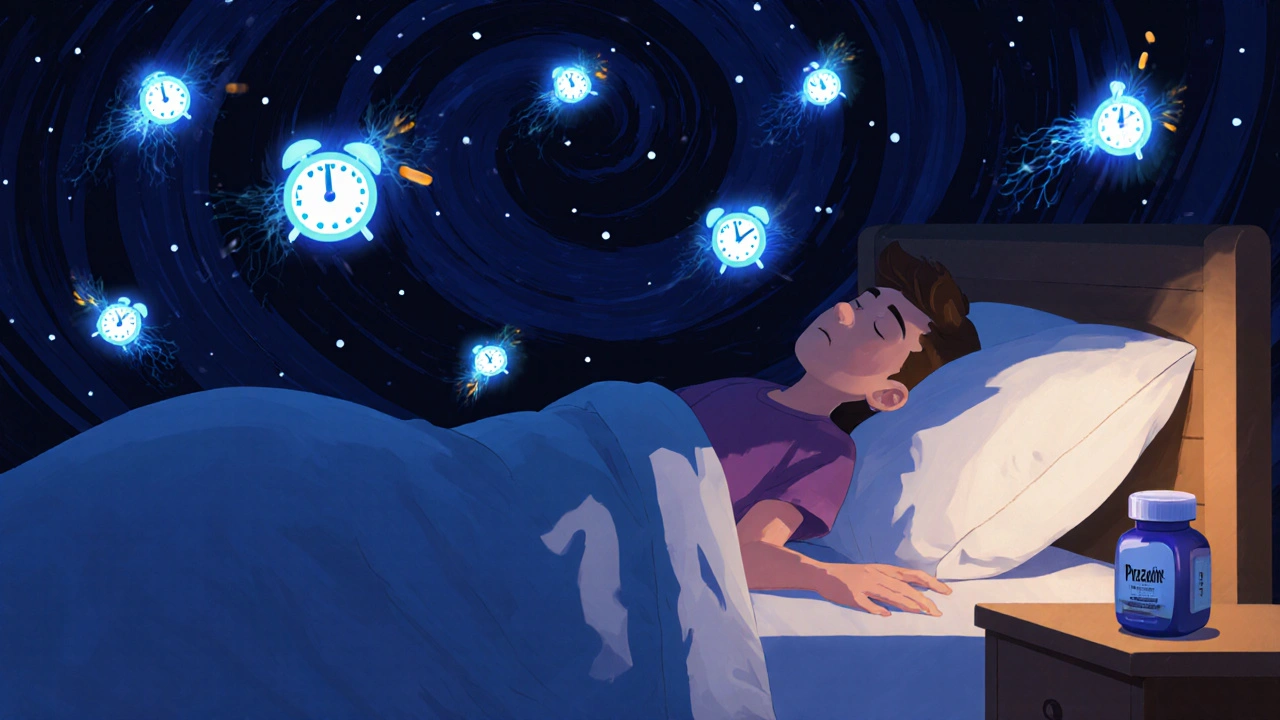Antidepressants for Insomnia: What Works and What to Avoid
When you can’t sleep, and your mind won’t shut off, it’s easy to wonder if your antidepressants, medications prescribed for depression that also affect brain chemicals tied to sleep are helping or hurting. Many people assume all antidepressants cause drowsiness—but that’s not true. Some actually make insomnia worse. The truth is, a few types of antidepressants are used off-label specifically to treat sleep problems, especially when depression and insomnia go hand in hand. But choosing the wrong one can leave you more tired, more anxious, or even more awake at night.
Not all antidepressants are built the same. SSRIs, a common class of antidepressants that increase serotonin levels like sertraline or fluoxetine often cause sleep disruption, especially early on. People report trouble falling asleep, restless nights, or vivid dreams. On the flip side, tricyclic antidepressants, older antidepressants that block serotonin and norepinephrine reuptake like amitriptyline or doxepin are known for their sedating effects. Doctors sometimes prescribe low doses of these just for sleep, even if the patient isn’t clinically depressed. Then there’s mirtazapine, which boosts certain brain signals that promote sleep and reduce anxiety—making it one of the few antidepressants that can actually improve sleep quality without being a sedative. But here’s the catch: what works for one person might backfire for another. Side effects like weight gain, dry mouth, or next-day grogginess can be just as disruptive as the insomnia itself.
It’s not just about picking a pill. It’s about matching the drug to your body, your symptoms, and your other health conditions. If you’re on an antidepressant and your sleep got worse after starting it, don’t assume it’s just "adjustment." Talk to your doctor. There’s a good chance switching to a different type could help. And if you’re struggling with insomnia but don’t have depression, using an antidepressant might not be the best first step—there are other, safer options. The posts below show real comparisons between medications like Zoloft, which can wake you up, and others like low-dose doxepin, which help you stay asleep. You’ll see how people have navigated this, what worked, what didn’t, and how to ask the right questions before you take another pill.

